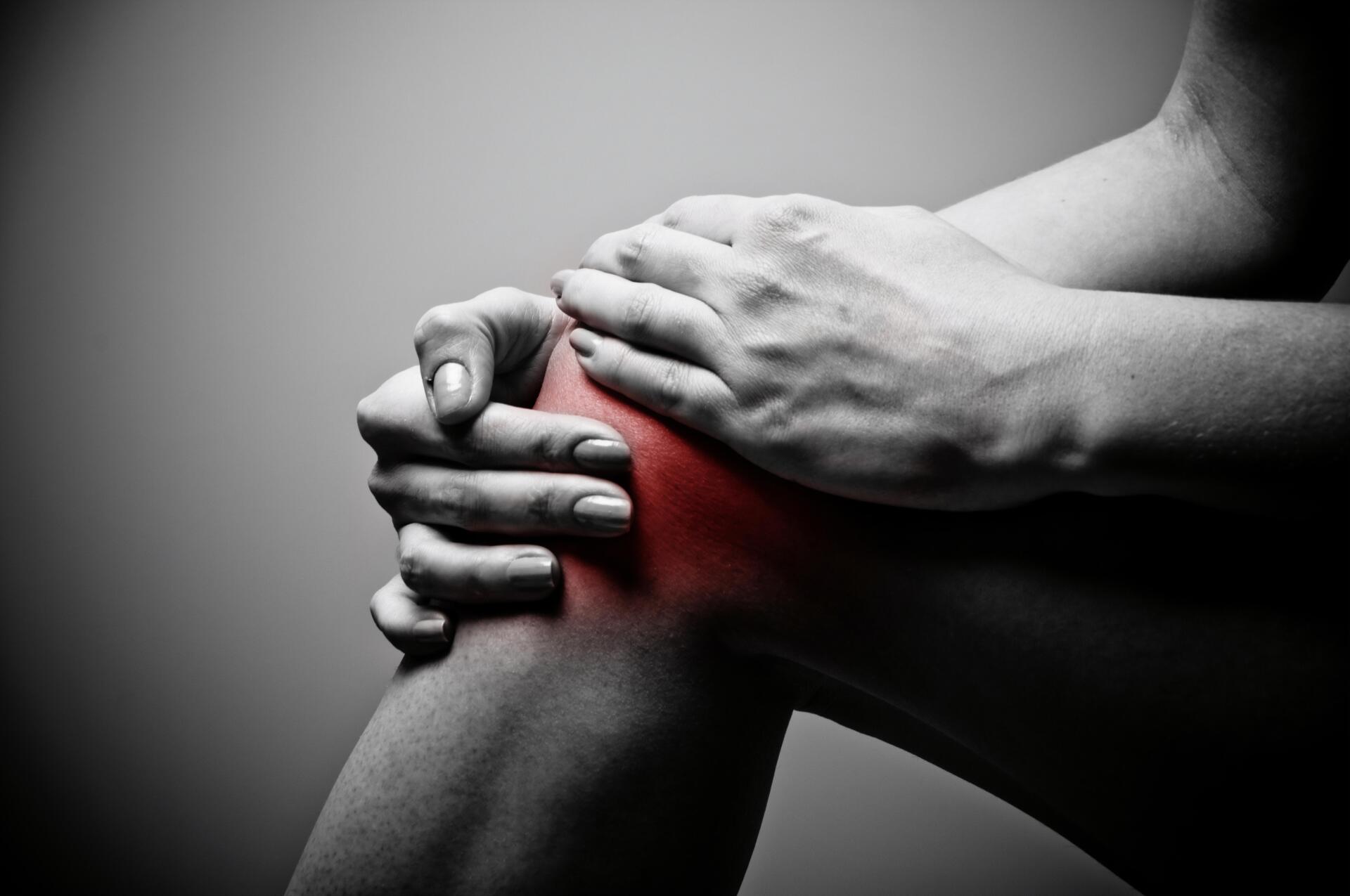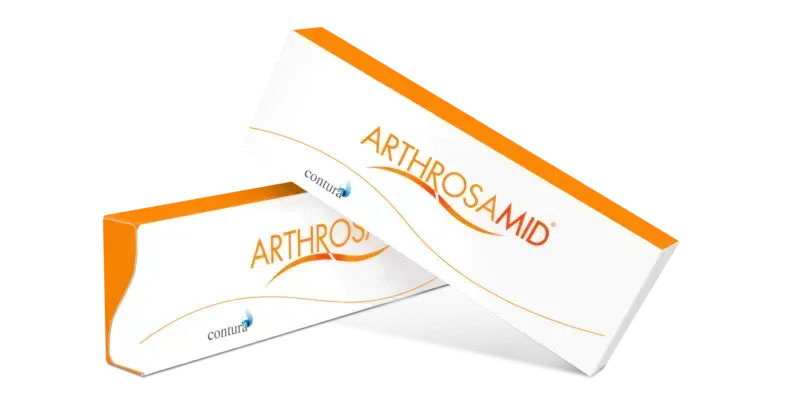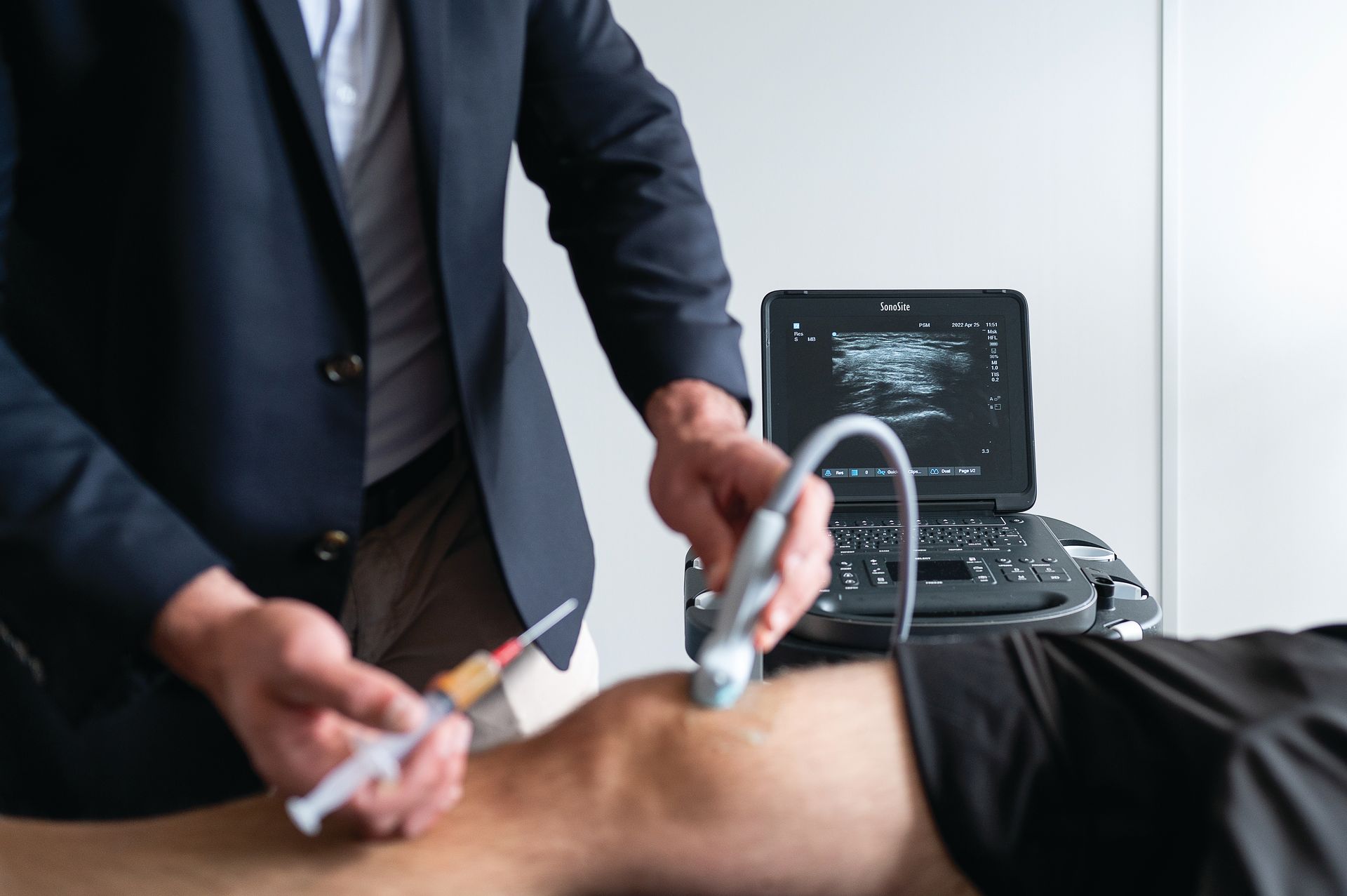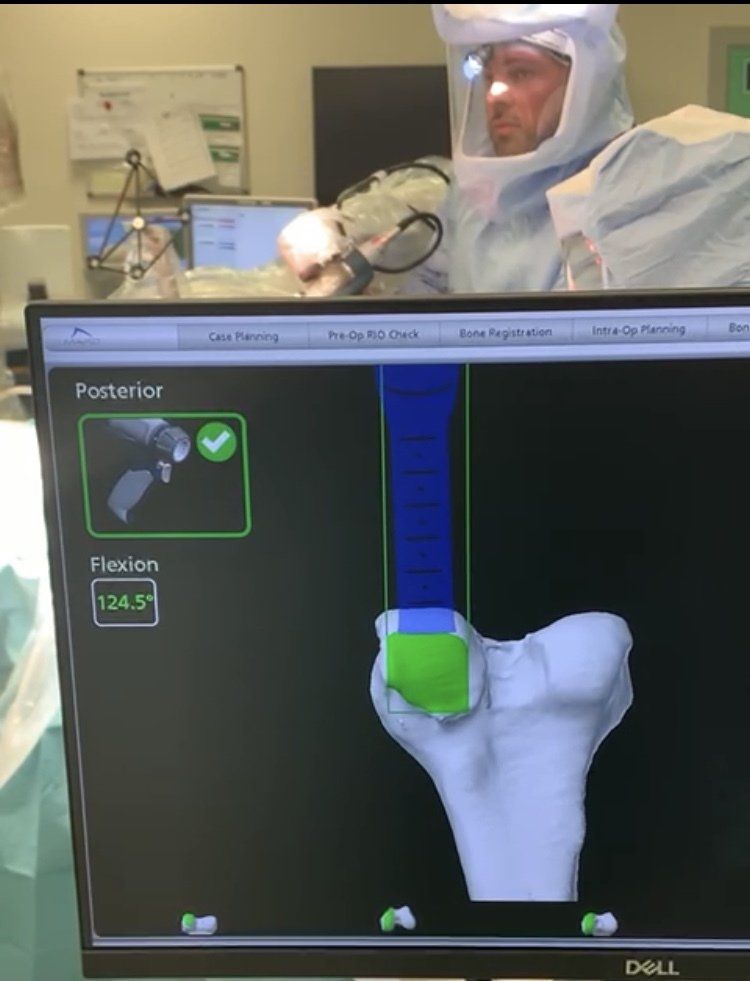
A permanent injectable that lubricates, cushions and reduces inflammation

How will a Hydrogel (Arthrosamid™) Injection help me?
Injectable non-degradable hydrogels, act as permanent lubrication and a cushion that sits in the joint without being resorbed. They have been shown to significantly reduce pain and improve function for at least 56 weeks, with recent evidence suggesting these results last well beyond three years.
What does the procedure involve?
During this treatment you will be asked to take an oral dose of antibiotics containing PENICILLIN one hour prior to the injection to reduce the risk of infection during the procedure.
The surgical team will then clean around the injection side and inject local anaesthetic into the skin and joint. Once the area is numb 6ml of hydrogel will be injected into the joint using ultrasound to ensure the injection goes into the correct place.
If you feel well, you can leave 15 minutes later.
Will the procedure hurt?
The doctor or nurse will normally inject a small amount of local anaesthetic under the skin to stop the injection from hurting. You will feel a gentle pressure as the hydrogel is injected. Very few patient require any form of painkiller after the injection
Can everyone have this treatment?
PLEASE TELL THE DOCTOR IF YOU HAVE ANY ALLERGIES OR HAVE EVER HAD A REACTION TO A MEDICATION.
You should not have the treatment if
· You have a temperature or ongoing infection anywhere
· You have had an operation or injection into the knee in the last 6 months
· You have an uncontrolled bleeding disorder
· You have a rash or broken skin over the joint to be treated
If you have any of these contra-indications please tell your doctor
Does the injection work for everyone? How effective is the treatment?
Like most medical treatment every patient responds slightly differently. Younger patients with less severe arthritis seem to respond better to the injection. Over all 73% of patients felt that a single injection of Arthrosamid significantly improved their symptoms. This number is slightly higher in the under 70s (80%) and slightly lower in the over 70s (63%).
Is it safe? What are the complications?
Hydrogel injections have been shown to be safe and effective and have been used across multiple areas of surgery since 2001. It must however, be done by a suitable trained doctor.
Complications are very rare but can include
· Infection requiring antibiotics or an operation to washout the joint
· Pain
· Failure to improve symptoms or rarely making symptoms worse
· Damage to local structures like ligament, tendons, nerves or blood vessels
Please feel free to discuss these with your treating doctor
What happens after the injection?
There are no specific restrictions after the procedure but it is recommended you rest on the day of the procedure. You can return home a 15 minutes after the procedure and begin your usual activities the following day
Most patient start to notice a gradual improvement in symptoms after about 10 days. Pain levels and function should continue to improve after each injection for up to 12 weeks and should last multiple years.
How much does the treatment cost? Is it covered by my insurer?
Unfortunately, insurers do not cover this treatment at present.
St Joseph’s Hospital, Newport
Arthrosamid Injection into One knee - £2595
Arthrosamid Injection into Both Knees - £4495
Pro Sports Medicine Cardiff
Arthrosamid Injection into One knee - £2295
Arthrosamid Injection into Both Knees - £3995

